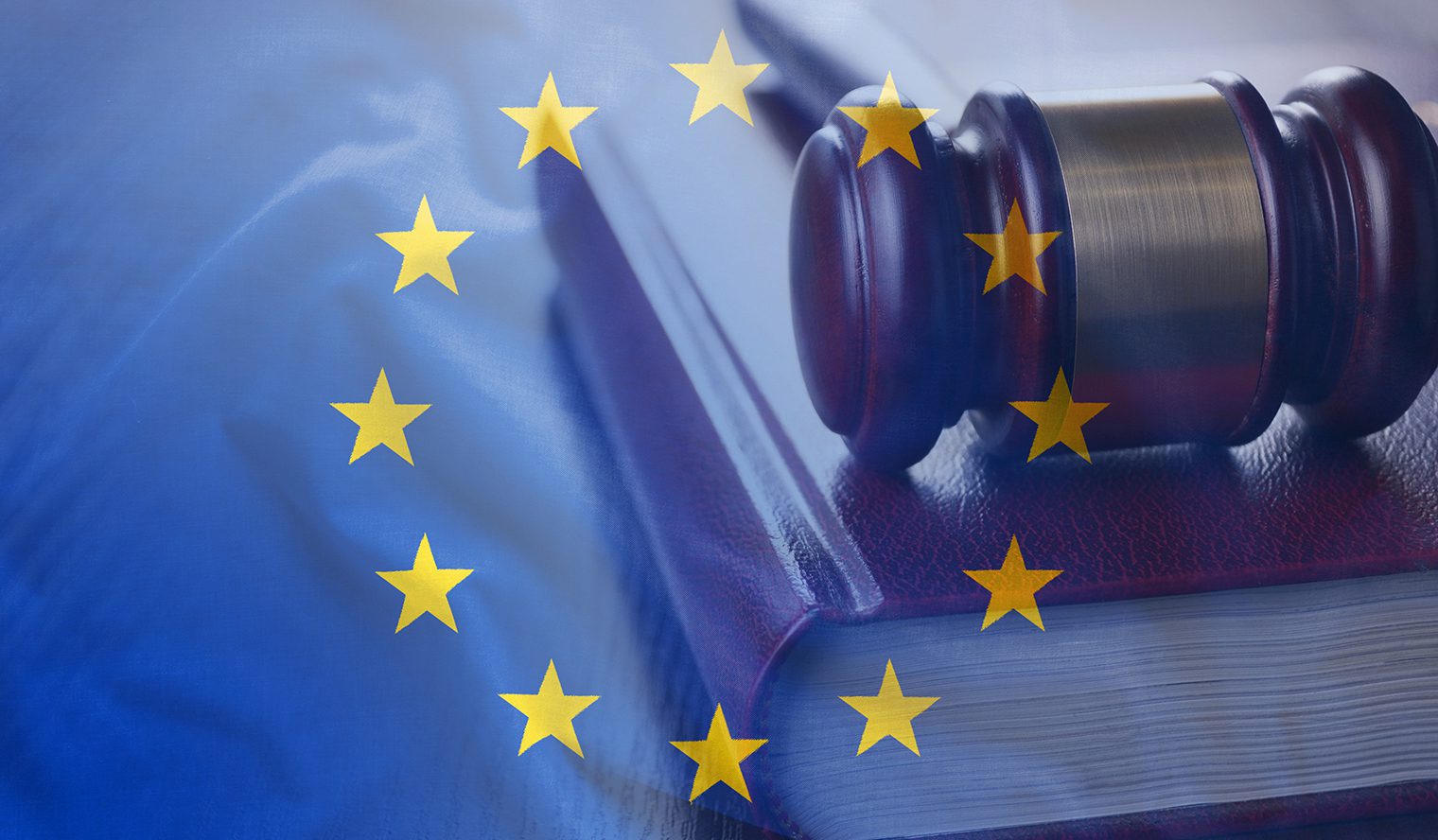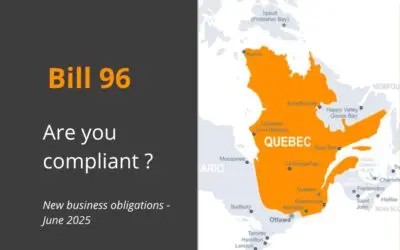Filing a patent in Europe was often cumbersome and expensive for inventors and companies. Fortunately, the European Unitary Patent has arrived, offering a simplified and more affordable method. Curious to know how this can change your approach to intellectual property protection? Let’s dive in.
What is this new system?
It is an approach that facilitates the protection of inventions within the EU. Instead of validating patents in each country, this method eliminates national procedures. Thus, a single application offers multi-country protection.
How do I apply for it?
Start by submitting a classic application to the European Patent Office (EPO). Once this has been obtained, the applicant must apply for unitary effect for the member countries of the European Union that have ratified the Agreement on the Unified Patent Court.
Advantages of the European Unitary Patent
It offers many benefits for inventors and companies. Primarily, it reduces the filing process and costs by eliminating the need to validate the patent in each country individually, which eliminates the cost of translation to be repeated.
In addition, the European Unitary Patent confers unitary effect, which means that the patent is protected in all participating countries of the European Union in a uniform manner.
Cost
By streamlining the process, it makes the protection of innovations more affordable. Fewer fees and taxes, and a total cost equivalent to a request in only a few countries. This is a boon for those looking to innovate.
Thanks to the simplification of the procedure, the European Unitary Patent makes it easier for inventors to access the protection of their innovations.
Conclusion
This new method is transforming the way patents are filed in Europe. It eliminates national approaches while providing strong protection across the EU. It makes it easier and cheaper for inventors and companies to obtain protection in several countries of the European Union. By facilitating the protection of inventions, it stimulates innovation and facilitates the protection of inventions in Europe.





0 Comments